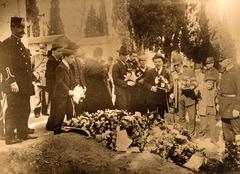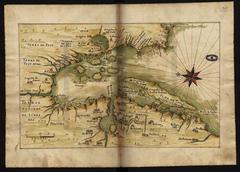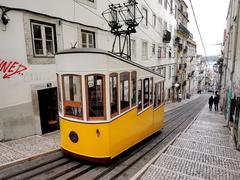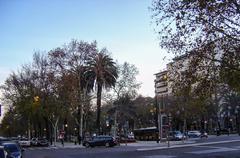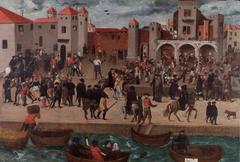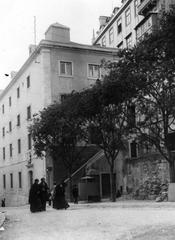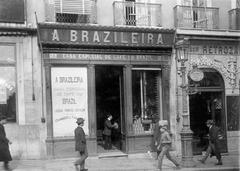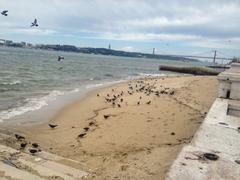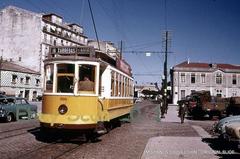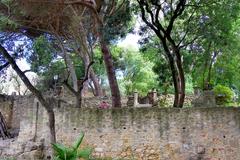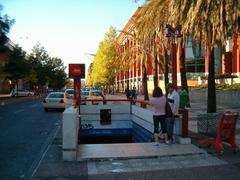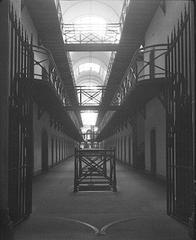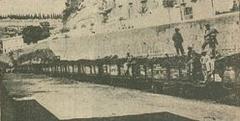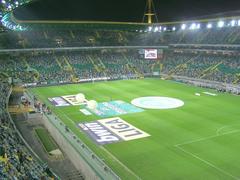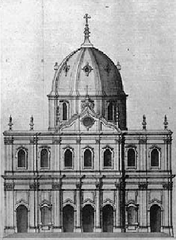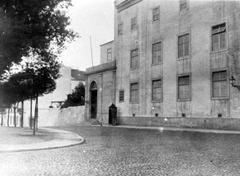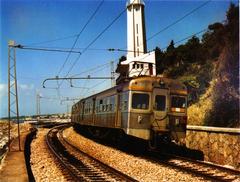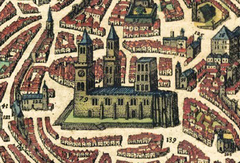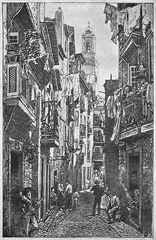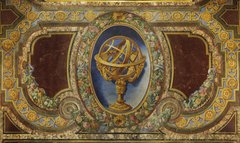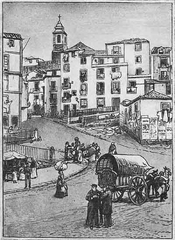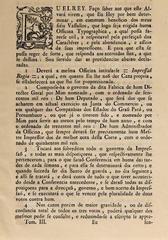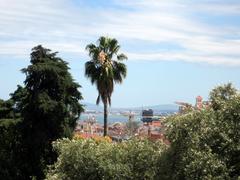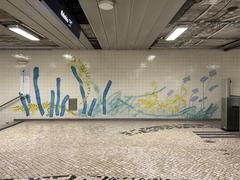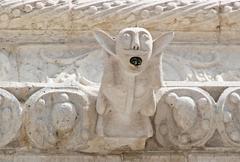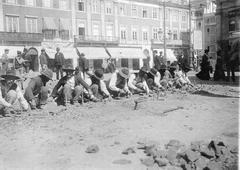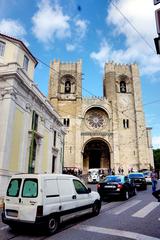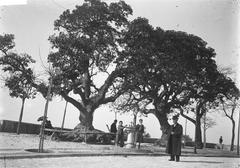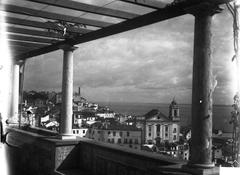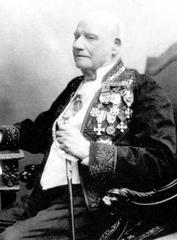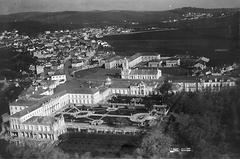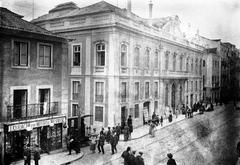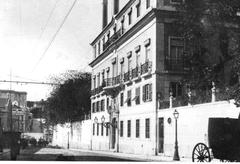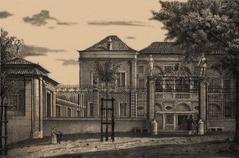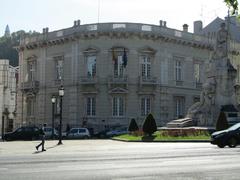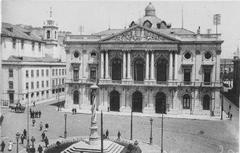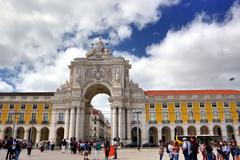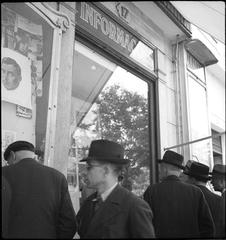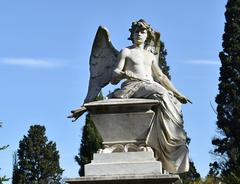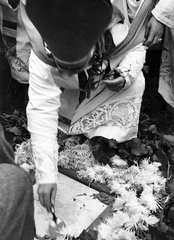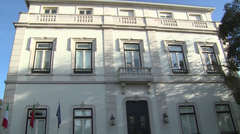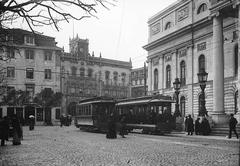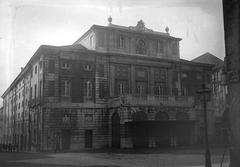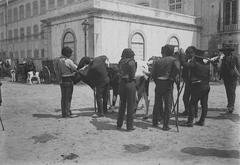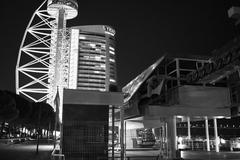Central Mosque of Lisbon: Visiting Hours, Tickets, and Historical Significance
Date: 04/07/2025
Introduction
The Central Mosque of Lisbon (Mesquita Central de Lisboa) stands as a significant landmark of Islamic faith and multicultural heritage in Portugal’s capital. Established in 1985 in response to the growing needs of Lisbon’s Muslim community—primarily immigrants from former Portuguese colonies in Africa—the mosque reflects both the historical depth and the contemporary vitality of Islam in Portugal. As the third-largest mosque in Europe outside Turkey, its striking architecture fuses traditional Islamic motifs with Portuguese azulejo tilework, symbolizing a harmonious dialogue between cultures. Beyond its role as a place of worship, the mosque is a hub for cultural exchange, interfaith dialogue, and community integration. This guide details its visiting hours, entry information, visitor etiquette, accessibility, nearby attractions, and opportunities for community engagement to ensure a rewarding visit for all. For official updates and information, consult the Central Mosque of Lisbon Official Site and trusted travel resources (TripXL; Lisbon Guide).
Table of Contents
- Historical Background and Cultural Significance
- Visitor Information
- Frequently Asked Questions
- Visual Resources
- Impact on Lisbon’s Urban Landscape
- Community Engagement
- Practical Travel Tips
- References
Historical Background and Cultural Significance
Origins and Development
The Central Mosque of Lisbon was inaugurated in 1985, following years of planning to meet the religious and social needs of Portugal’s expanding Muslim population after the Carnation Revolution and the independence of several former colonies. Financial backing from various Islamic countries, including Saudi Arabia and Kuwait, enabled its construction. The mosque’s strategic location at Rua da Mesquita, 2, 1070-238 Lisboa, makes it accessible to both residents and visitors (TripXL).
Architectural Features
The mosque is renowned for its harmonious blend of Islamic and Portuguese design. Its exterior showcases two domes and four minarets, echoing classical Islamic architecture, while the use of Portuguese azulejos inside pays homage to local artistry. The prayer hall accommodates over 1,000 worshippers, making it the largest in Portugal. Facilities include reception halls, an auditorium, classrooms, a library, and spaces for community gatherings (Beautiful Mosque - Central Mosque of Lisbon).
Community Role and Historical Context
The mosque is more than a spiritual center; it is a vibrant hub for cultural exchange, education, and social services. It regularly hosts open days, lectures, charity drives, and interfaith events, reinforcing the role of Islam as an integral part of Lisbon’s multicultural identity. Its leadership actively fosters social cohesion, supports refugees and immigrants, and provides educational programs for all ages, ensuring cultural continuity within the community (TripXL; Lisbon Guide).
Interfaith Relations and Heritage Preservation
The mosque promotes dialogue by collaborating with local authorities, schools, and other religious groups to address social issues and encourage mutual understanding. Its educational outreach and cultural programs help preserve Islamic heritage while offering opportunities for non-Muslims to learn about Islamic beliefs, history, and contributions to Portuguese society. The mosque’s architecture and cultural events serve as living testaments to centuries-old ties between Portugal and the Islamic world (Portugal.com).
Visitor Information
Visiting Hours and Tickets
- General Visiting Hours: Monday to Friday, 9:00 AM – 5:00 PM (TripXL).
- Prayer Times: Non-Muslim visitors are not permitted during the five daily prayers and Friday Jumu’ah prayer (midday to early afternoon). Plan accordingly (Blue Mosque Visitor Info).
- Entry Fee: Free for all visitors. Donations are welcome.
- Guided Tours: Available for individuals and groups; advance arrangement is recommended. Contact the mosque administration to book.
Dress Code and Etiquette
- Attire: Modest dress is required. Men should wear long trousers; women should cover arms, legs, and hair (headscarves are available).
- Shoes: Remove shoes before entering the prayer hall; racks are provided.
- Photography: Permitted in most areas, but not during prayers or of individuals without consent.
- Behavior: Maintain quiet, respectful conduct. Food and drinks are not allowed in prayer areas.
Accessibility
- Entrances: Step-free, with ramps for wheelchair access.
- Restrooms: Accessible facilities are available.
- Support: Staff and volunteers can assist visitors with mobility requirements. Call +351 213 874 142 for details (Lisbon Guide).
Location and Getting There
- Address: Rua da Mesquita, 2, 1070-238 Lisboa (Campolide district).
- Metro: Nearest station is São Sebastião (Blue and Red lines).
- Bus: Routes #205 and #746 stop nearby (Portugal Visitor).
- Parking: Limited; public transport is recommended.
Nearby Attractions
- Calouste Gulbenkian Museum
- Eduardo VII Park
- Lisbon Cathedral
- National Azulejo Museum
- El Corte Inglés
Frequently Asked Questions (FAQ)
Q: What are the Central Mosque of Lisbon’s visiting hours?
A: Monday to Friday, 9:00 AM – 5:00 PM. Closed on weekends. Check for updates during religious holidays.
Q: Is there an entrance fee?
A: No, entry is free. Donations are appreciated.
Q: Are guided tours available?
A: Yes, by prior arrangement via phone or email.
Q: Is modest dress required?
A: Yes. Women should cover their hair, arms, and legs; men should wear long trousers.
Q: Is the mosque accessible for people with disabilities?
A: Yes, with ramps and accessible restrooms.
Q: Can non-Muslims attend religious events?
A: Non-Muslims are welcome during open days and cultural events, especially during Ramadan and Eid.
Visual Resources
Explore the official website and Beautiful Mosque - Central Mosque of Lisbon for high-resolution images and virtual tours. Recommended alt tags for images: “Central Mosque of Lisbon exterior view,” “Mosque prayer hall with azulejos,” and “Lisbon skyline with mosque minaret.”
Impact on Lisbon’s Urban Landscape
The Central Mosque of Lisbon has become an architectural and cultural icon, symbolizing the city’s pluralism and religious coexistence. Its visible silhouette and active engagement in civic life underscore the importance of inclusion, dialogue, and mutual respect in modern Lisbon. The mosque’s efforts have contributed significantly to social integration and the city’s ongoing embrace of cultural diversity (TripXL).
Community Engagement
- Interfaith Dialogue: Open days, lectures, and Q&A sessions foster understanding.
- Cultural Events: Ramadan iftars, Eid celebrations, and art exhibits invite participation.
- Educational Outreach: Collaborations with schools and organizations teach Islamic history and culture.
- Volunteering: Social services include food distribution, language classes, and legal aid.
Practical Travel Tips
- Plan Visits Around Prayer Times: Avoid midday Fridays and major Islamic holidays for best access.
- Arrive Early or Late: Mornings or late afternoons offer a quieter experience.
- Combine Attractions: Pair your mosque visit with nearby museums or parks.
- Language: English is widely spoken; basic Portuguese greetings are appreciated.
- Footwear: Wear comfortable shoes for uneven Lisbon sidewalks.
- Weather: Spring and autumn provide ideal sightseeing conditions (Muslim Travel Girl).
References
- Central Mosque of Lisbon Official Site
- TripXL: Mosques in Portugal
- Lisbon Guide: Lisbon Mosque Mesquita
- Beautiful Mosque - Central Mosque of Lisbon
- Portugal.com - Muslim Influence and Cultural Legacy
- HalalFreak - Muslim-Friendly Portugal
- Trip.com: Lisbon Central Mosque
- Blue Mosque Visitor Info
- Muslim Travel Girl: Muslim-Friendly Lisbon
- Portugal Visitor: Lisbon Mosque
Call to Action
Plan your visit to the Central Mosque of Lisbon and experience one of Lisbon’s most culturally significant sites. For up-to-date information, guided tours, and cultural event schedules, check the mosque’s official Facebook page or download the Audiala app for curated guides and audio tours. Respect local customs, explore nearby attractions, and immerse yourself in the city’s rich multicultural heritage.

